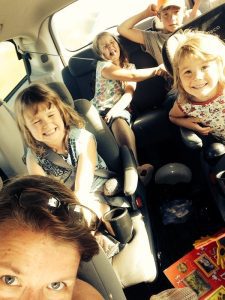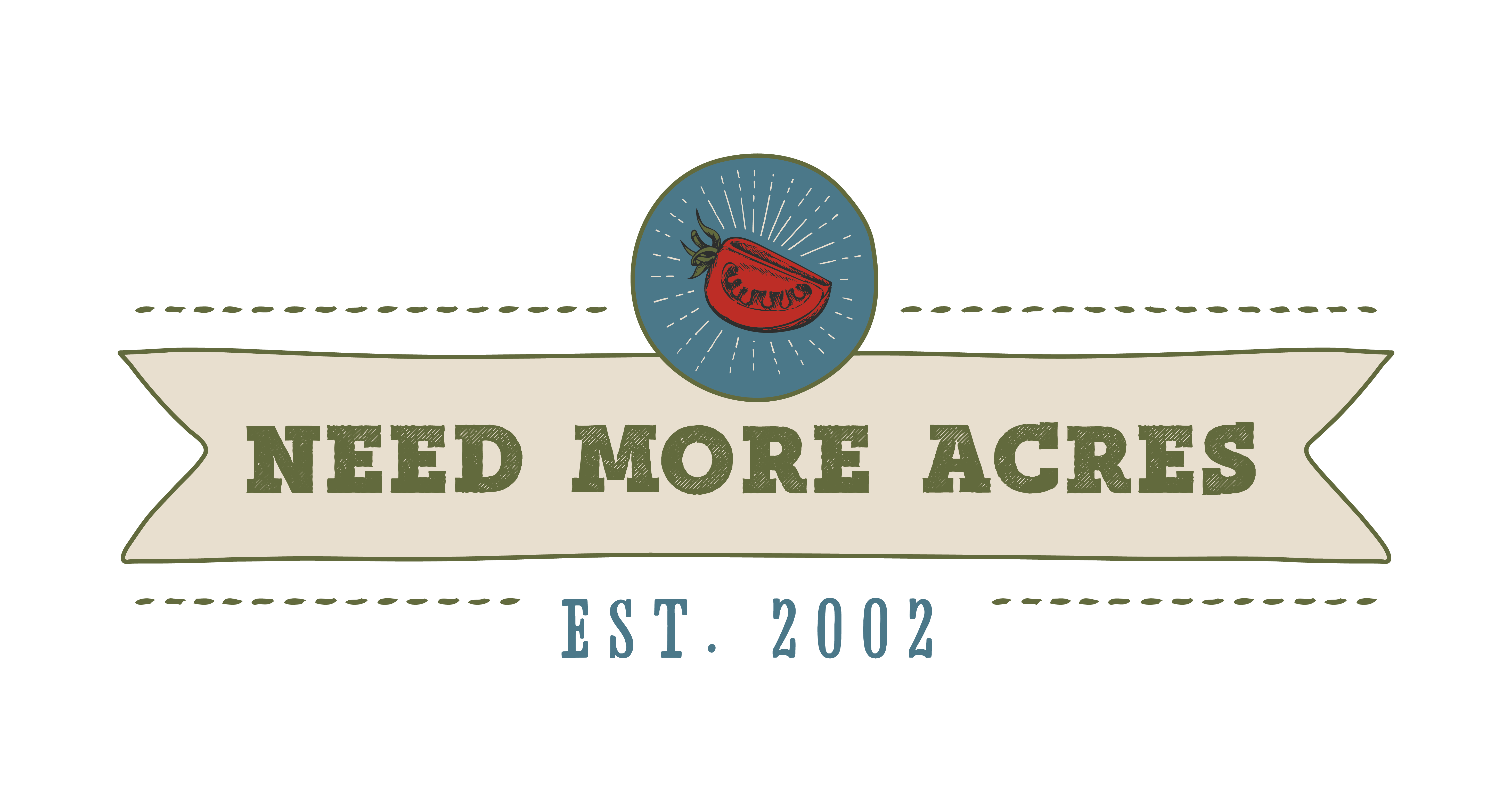As we made the decision for me to become a stay at home (working) mom there was this level of perfection that I felt like I was expected to achieve. I felt as if my children should be fed well, bathed, dressed well, happy, and behaved well-each and every single day.
Absurd, I now know.
The level of control that you must hold over another human being in order to obtain that level of perfection is hard to achieve at best and at it’s worse-capable of robbing the dignity right out from under someone-even if they are a little. One of the most important “aha moments” that I’ve experienced was when I realized that each and every one of my four children are equal in personhood to me and every other person on this earth-nothing more, nothing less. This completely changed the way that I mother. It was the day that I realized that my needs and wants were no more important than the needs and wants of my children-or anyone else in the community around me. It was the moment I realized how entwined we as humans were meant to be to one another regardless of age, race, gender, or any other “category” we tend to put people into.
So what did I do first? I quit reading “how to” parenting books and started engaging real stories. I stopped comparing my children to other peoples children. I stopped saying, “I parent using this method or that technique”. I gave myself a big, fat, well-needed break. Praise God.
I started depending on my instincts to know what was right in the moment with each individual child on any given day. I learned to embrace imperfection as reality-not only for myself, but for everyone else. That well-needed break? I offered it to every other mother I knew-whether they knew to ask for it or not.
Together as a parenting team Nathan and I created realistic, age appropriate expectations for our children. We knew that would mean that there would be times that they do not meet the societal and social expectations often placed on children, but surprisingly they often surpassed them. We are always surprised when we hear people say, “your children are so well behaved” or “your children are so helpful” or “your children are a joy to be around”. Seriously-that’s not really what we were going for, but it is a nice side effect. I’m awfully fond of my kids so it’s nice to know when other people are too.
It’s really a gamble-we never wake up knowing what we will get out of our children-and that’s okay. We have learned that some people will love and accept our children and others will not (or they may accept a few of our children and not the others) that has to be okay too. Our goal is to show our children unconditional love-no matter what-especially when other people are not mature enough to offer acceptance to them like we are able to. They might as well be fully prepared for the real world, right?
We’ve learned to expect our children to scream, throw tantrums, act crazy, and have an attitude-all in response to their frustration with life, learning, and leadership. It’s part of the process-so it seems. It’s in how we respond to their daily behavior that determines whether or not they fully live life, love learning, or accept leadership when it’s presented to them. Their calling in life begins today…not once they become a legal adult.
I believe that one of the best ways to raise imperfect kids is to understand that they do not always know what’s going on in your personal life. When all of a sudden I have a bad attitude, short temper, or act frustrated it could be easy for them to believe that they are to blame somehow-unless I share openly about the things going on in my life. I’ve learned to say, “Mama is frustrated right now with x, y, z. It has nothing to do with you or your behavior, but mom does need some space right now to think, talk this out with a friend, write, pray.” Kids get it, and they offer me dignified space without feelings of guilt, resentment, or frustration. If I was to keep them sheltered to what I’m experiencing or feeling-they may think that there is something significantly wrong with them when my behavior tells them “something’s wrong”.
At the same time-I’m honest with my kids when their behavior and actions are causing me undue stress and anxiety. I’ll literally say, “I think that you have had too much high fructose corn syrup today. It’s my fault that I brought it home and had it in the fridge, but I need you to stop eating it and go sit down with a book for a while.” Far from perfection, but here in our home-honesty is the best policy.
We create open space for them to be honest with us too. If I lose my temper, scream, roll my eyes or do any other sort of “crazy mom” behavior they call me on it right away. Imperfection doesn’t mean disrespect-in fact, it embraces respect for every member of the household. My farm kids may rarely be studious, clean or perfectly dressed, but hopefully they will see in you what I often see in them-a need that needs met, a gift that needs given, a word of compassion that needs heard. We want our children to understand that getting what we think we deserve often means undue burdens put onto someone else. We can’t always expect other people to understand that, but we can measure our own behavior based on an understanding of that truth.
We are teaching our children to fully take responsibility-for their lives and actions. To follow through on the responsibility of what they do well, but most importantly to acknowledge when they’ve messed up or let someone down. When we are realistic about life we realize that we don’t always get to do what we want to do-when we want to do it. Sometimes we have to move beyond ourselves and serve the common good-because that is, ironically-the only way common good comes to be.
We’re consistently considering the end result. The fact is-one day very soon our kids will be adults. They will need to make their own decisions, engage in romantic relationships, step into leadership within their community, earn a living, and most importantly-feel good about being their very good, lovely, messy, imperfect selves.


